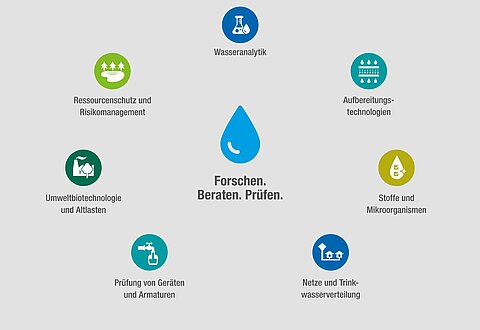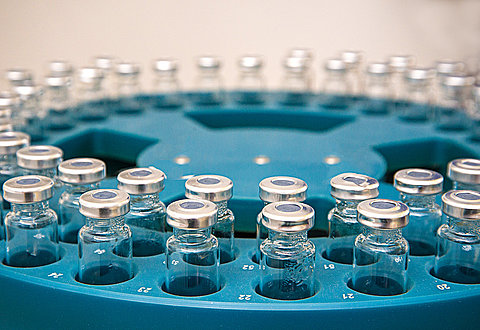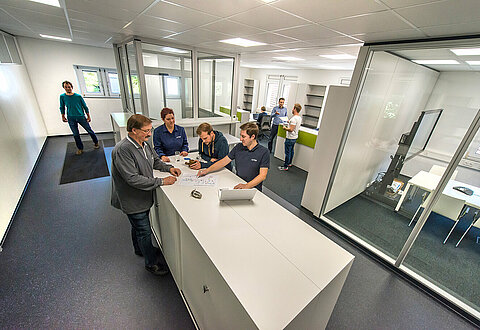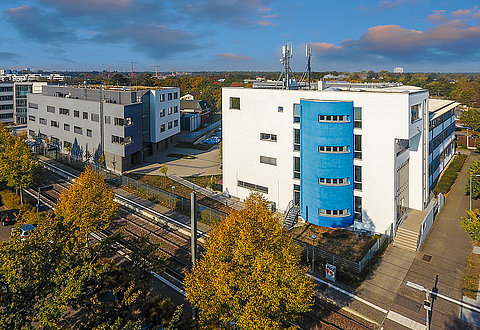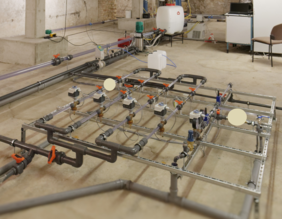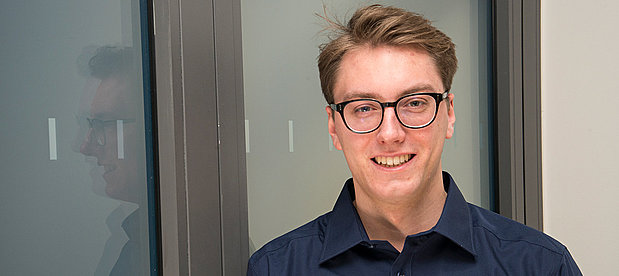Water meters are tested or calibrated at defined, constant and reproducible reference flow rates. However, actual water consumption deviates greatly from these steady-state conditions. This could have an impact on the cumulative uncertainty of meters, which is not seen in the current system. So far, there is no clear idea of how the different types of domestic water meters actually behave under dynamic load changes, as the metrological capabilities for this are currently lacking. Furthermore, the state of the art of water meters (materials and technologies) has evolved over the last decades and consumer behaviour and technical equipment has changed significantly.
The MetroWaMet project developed the necessary metrological infrastructure for characterising the measurement accuracy of household water meters under simulated real-life conditions with the aim of helping European water meter manufacturers and water utilities to provide more accurate assessments of their performance. Within the project, TZW was mainly concerned with investigating the effect of different water qualities on the accuracy of the water meter and the identification and detection of low flows and leakages.
Appropriate test rigs were realised to take into account dynamic flow changes related to household water consumption. The performance and quality of the newly developed metrological infrastructure was proven in an intercomparison and made available to the public accordingly via guidelines and publications.
Experiments were developed and conducted to investigate the influence of various water quality parameters (pH, total hardness and particles). For the detection of leakages, an algorithm was developed based on water meter data and statistical methods.
Publication:
Büker, O.; Stolt, K.; Kroner, C.; Benkova, M.; Pavlas, J.; Seypka, V.: Investigations on the influence of total water hardness and pH value on the measurement accuracy of domestic cold water meters. Water, doi: 10.3390/w13192701 (2021)


![[Translate to English:] Prüfstelle-Produktprüfung_Teststand Test centre and product testing](/fileadmin/_processed_/0/9/csm_TZW-Karlsruhe_Pruefung_Geraete-Teststand_444204ae51.jpg)
















